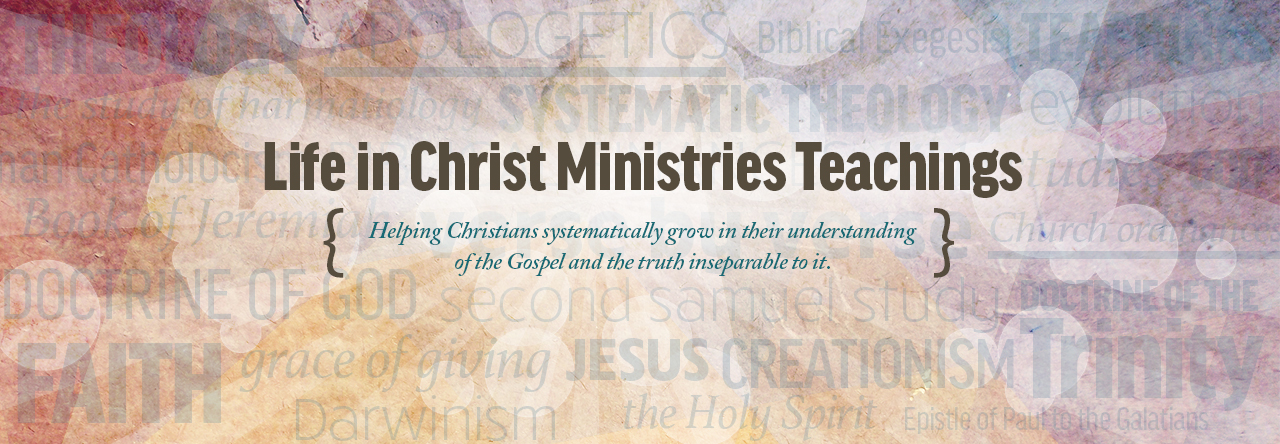In Him you were also circumcised with the circumcision made without hands, by putting off the body of the sins of the flesh, by the circumcision of Christ, buried with Him in baptism, in which you also were raised with Him through faith in the working of God, who raised Him from the dead. (Col 2:11-12)
The idea of what’s spoken of in this passage appears to clearly be of a spiritual nature, similar to Romans 6:3-4, 1 Corinthians 12:13, Galatians 3:27, and 1 Peter 3:21. We can see that in the immediate context of the passage. The believers were circumcised with the circumcision “made without hands.” It was this spiritual circumcision (cf. Rom 2:28-29), “the putting off the body of the sins of the flesh”, that Paul called “the circumcision of Christ.” Now, if the circumcision that saved believers and put off their sins was done “without hands” shouldn’t we conclude that the baptism that Paul was speaking of was “without hands” as well? It would be strange for Paul to stress that one physical ritual wasn’t what put off the sins of the flesh but that it was a physical ritual of water baptism that united a person truly with Christ in His resurrection.
















